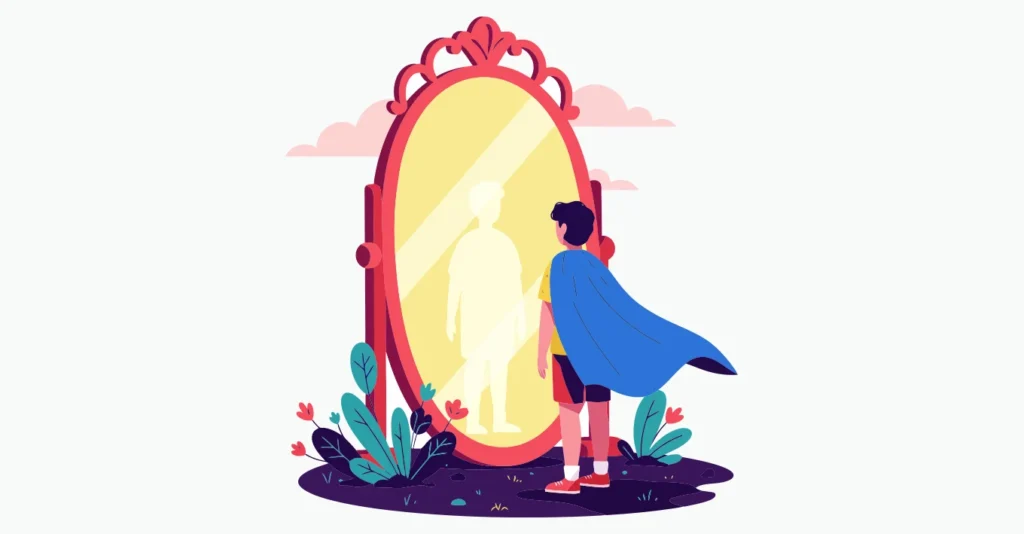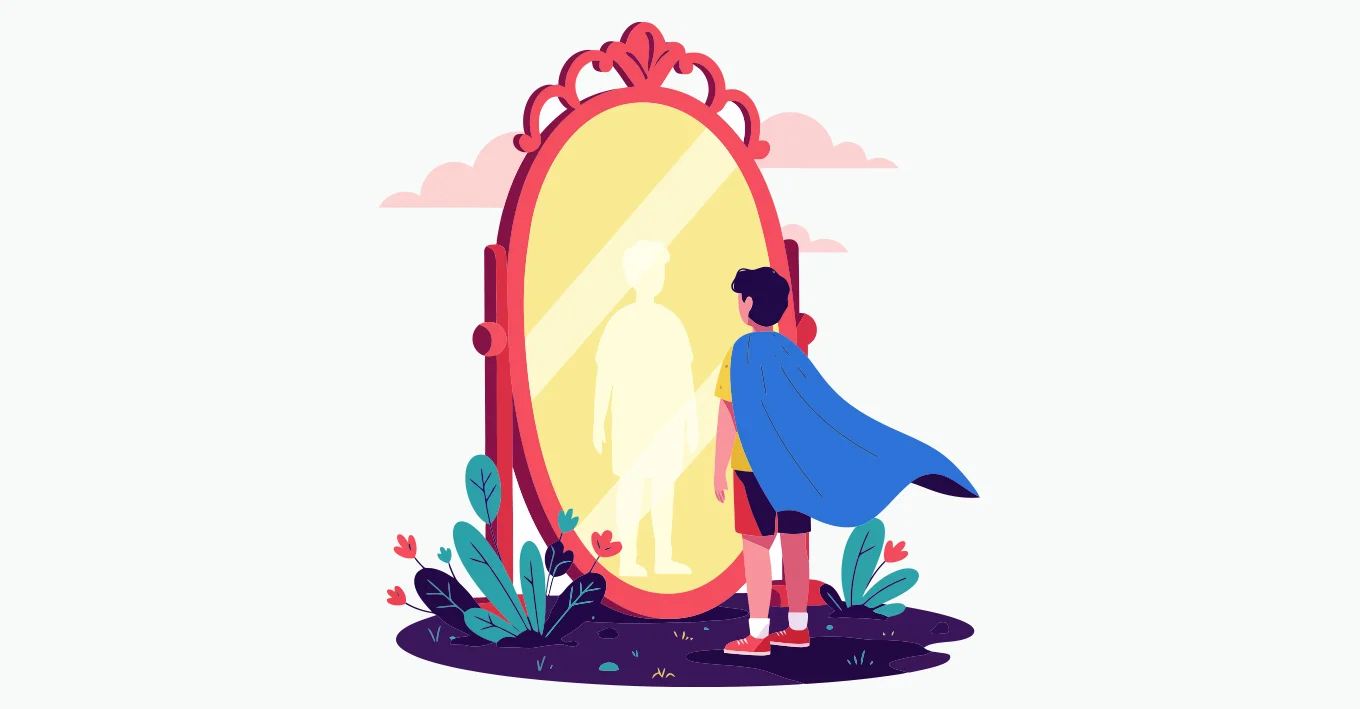In our fast-paced world, it’s common and necessary to multitask. However, the reality is that over-multitasking can severely impact both productivity and mental health.
The High Cost of Over-Multitasking
We think multitasking helps us get more done, but research shows our brains are not designed to handle multiple tasks at once. Instead, constant task-switching causes cognitive overload, slowing us down and reducing productivity. This divided attention can often lead to mistakes and lower quality work, as we miss important details and make errors, impacting tasks that require accuracy and precision.
The Impact on Mental Health
Over-multitasking doesn’t just affect productivity; it also takes a toll on our mental health. Here are some of the ways it can harm our well-being:
- Increased Stress Levels:
The constant switching and divided attention can make us feel overwhelmed and anxious. This prolonged chronic stress can contribute to anxiety and depression. - Decreased Cognitive Function:
Over-multitasking impairs cognitive functions such as focus, memory, and problem-solving. - Burnout:
Constantly juggling tasks leaves little room for breaks and rest, resulting in physical and mental exhaustion. That makes it hard to stay motivated and productive.
Strategies for Improving Focus and Efficiency
To combat these side effects, here are some effective techniques that promote focus & efficiency:
- Prioritize Tasks:
Create a list of tasks and prioritize them based on importance and deadlines. Focus on completing one task at a time, starting with the most critical one. This approach ensures that you give each task the attention it deserves and reduces the need for multitasking. - Use Time-Blocking:
Allocate specific blocks of time for different tasks. For example, dedicate the first hour of your workday to checking emails, the next two hours to working on a project, and so on. This method helps you stay organized and focused on one task at a time. - Deep Breathing:
Take a few minutes between tasks and do quick, deep breathing exercises. That can help clear your mind and improve your concentration for the next task. - Limit Distractions:
Identify and eliminate distractions in your environment. That might involve turning off notifications on your phone, creating a designated organized workspace, or setting boundaries with colleagues and family members. A distraction-free environment can significantly improve your ability to focus. - Take Regular Breaks:
Taking regular breaks is crucial for maintaining focus and preventing burnout. Use techniques like the Pomodoro Technique, which involves working for 25 minutes and then taking a 5-minute break. These short breaks can help recharge your brain and improve productivity.
While multitasking may seem like a necessary skill and basic expectation in today’s busy world, overdoing it comes at the expense of our mental health. By learning how to effectively multitask you can improve your focus and quality of life. Remember, it’s not just about doing more work; it’s about doing good work. Efficiently use your time and leverage your strengths to increase productivity without compromising your mental health.
In a world with increasing demands, don’t pay the price with your mental health. Taking care of your mind is essential for long-term success and well-being.









